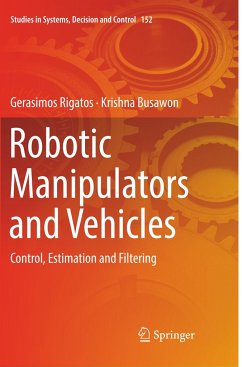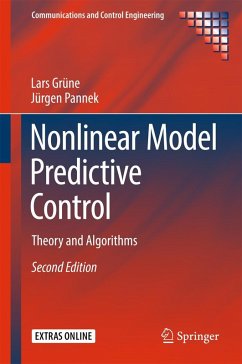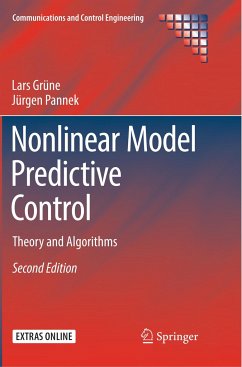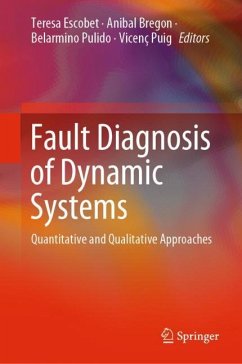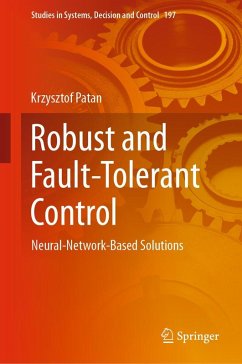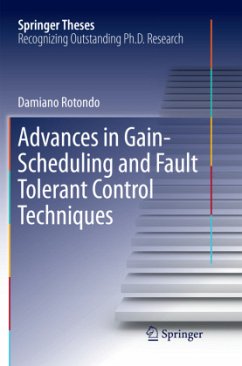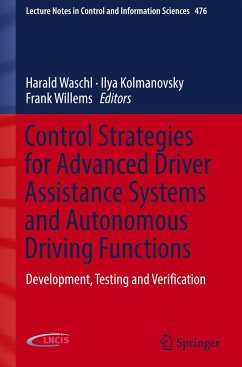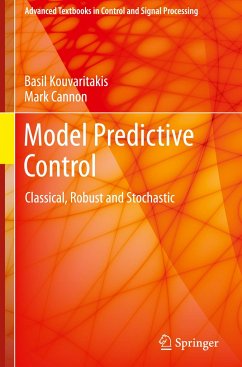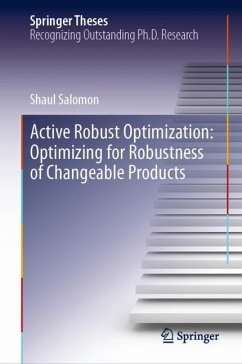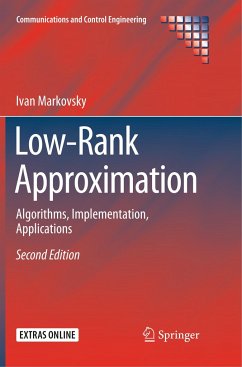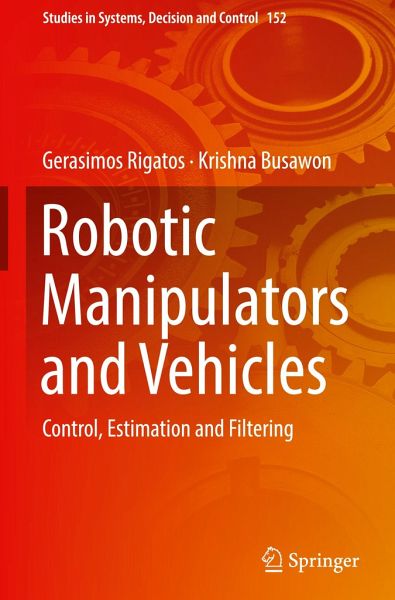
Robotic Manipulators and Vehicles
Control, Estimation and Filtering
Versandkostenfrei!
Versandfertig in 6-10 Tagen
152,99 €
inkl. MwSt.
Weitere Ausgaben:

PAYBACK Punkte
76 °P sammeln!
This monograph addresses problems of:-nonlinear control, estimation and filtering for robotic manipulators (multi-degree-of freedom rigid-link robots, flexible-link robots, underactuated, redundant and cooperating manipulators and closed-chain robotic mechanisms); and-nonlinear control, estimation and filtering for autonomous robotic vehicles operating on the ground, in the air, and on and under water, independently and in cooperating groups.The book is a thorough treatment of the entire range of applications of robotic manipulators and autonomous vehicles. The nonlinear control and estimation...
This monograph addresses problems of:
-nonlinear control, estimation and filtering for robotic manipulators (multi-degree-of freedom rigid-link robots, flexible-link robots, underactuated, redundant and cooperating manipulators and closed-chain robotic mechanisms); and-nonlinear control, estimation and filtering for autonomous robotic vehicles operating on the ground, in the air, and on and under water, independently and in cooperating groups.
The book is a thorough treatment of the entire range of applications of robotic manipulators and autonomous vehicles. The nonlinear control and estimation methods it develops can be used generically, being suitable for a wide range of robotic systems. Such methods can improve robustness, precision and fault-tolerance in robotic manipulators and vehicles at the same time as enabling the reliable functioning of these systems under variable conditions, model uncertainty and external perturbations.
-nonlinear control, estimation and filtering for robotic manipulators (multi-degree-of freedom rigid-link robots, flexible-link robots, underactuated, redundant and cooperating manipulators and closed-chain robotic mechanisms); and-nonlinear control, estimation and filtering for autonomous robotic vehicles operating on the ground, in the air, and on and under water, independently and in cooperating groups.
The book is a thorough treatment of the entire range of applications of robotic manipulators and autonomous vehicles. The nonlinear control and estimation methods it develops can be used generically, being suitable for a wide range of robotic systems. Such methods can improve robustness, precision and fault-tolerance in robotic manipulators and vehicles at the same time as enabling the reliable functioning of these systems under variable conditions, model uncertainty and external perturbations.



